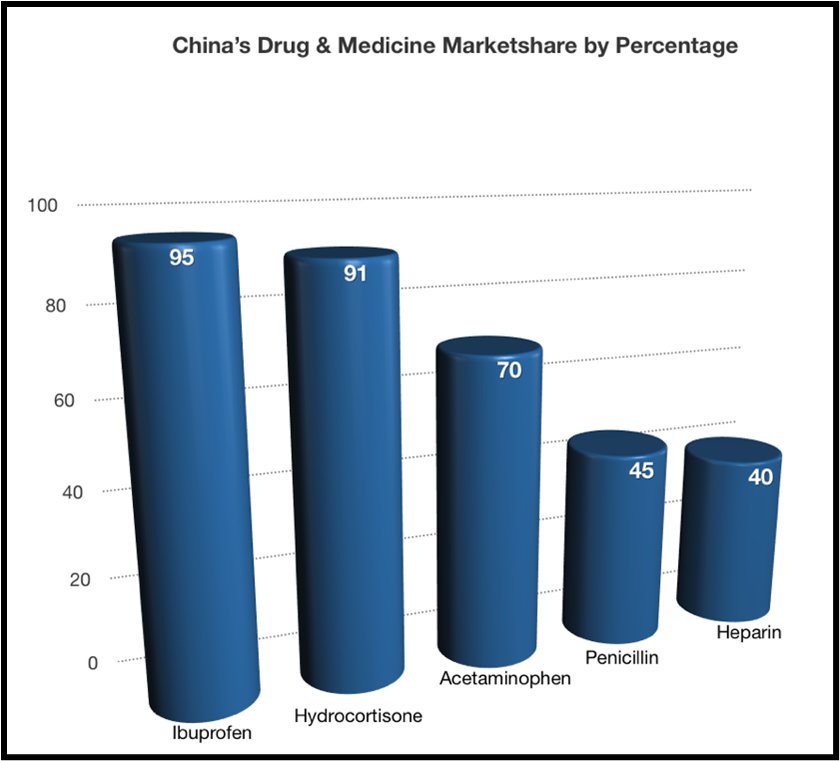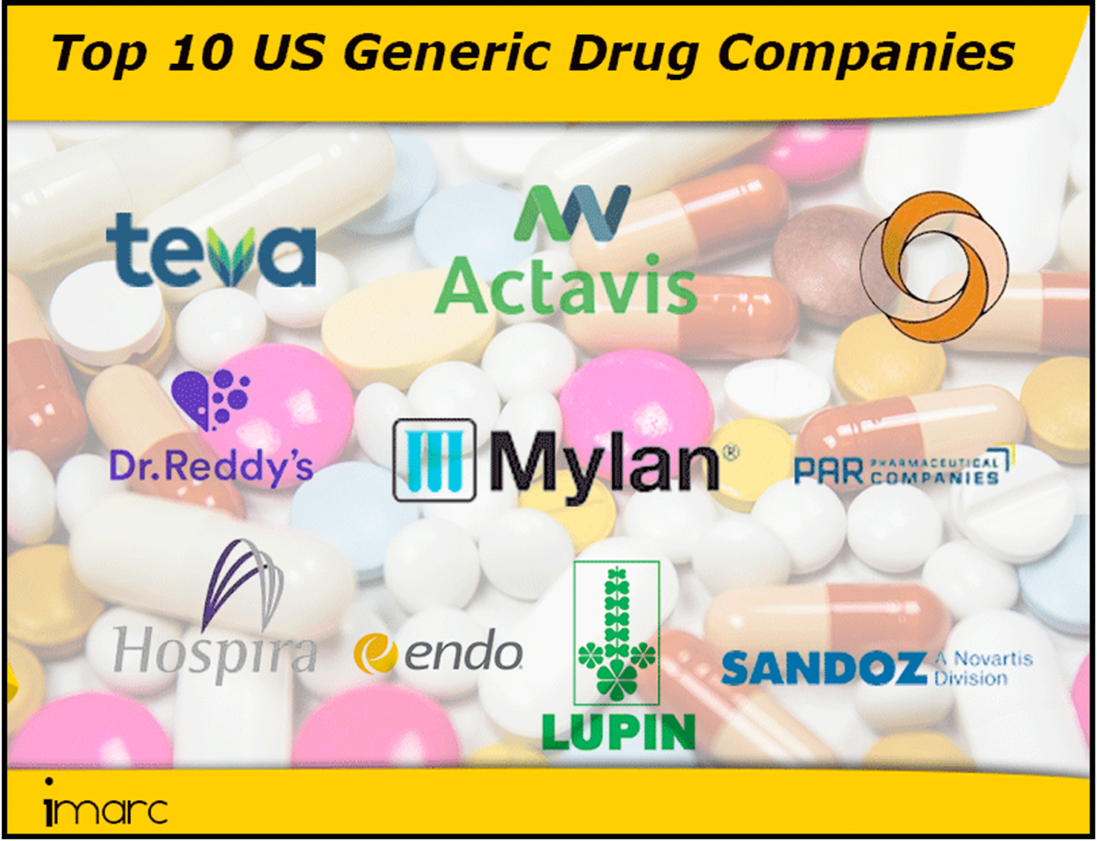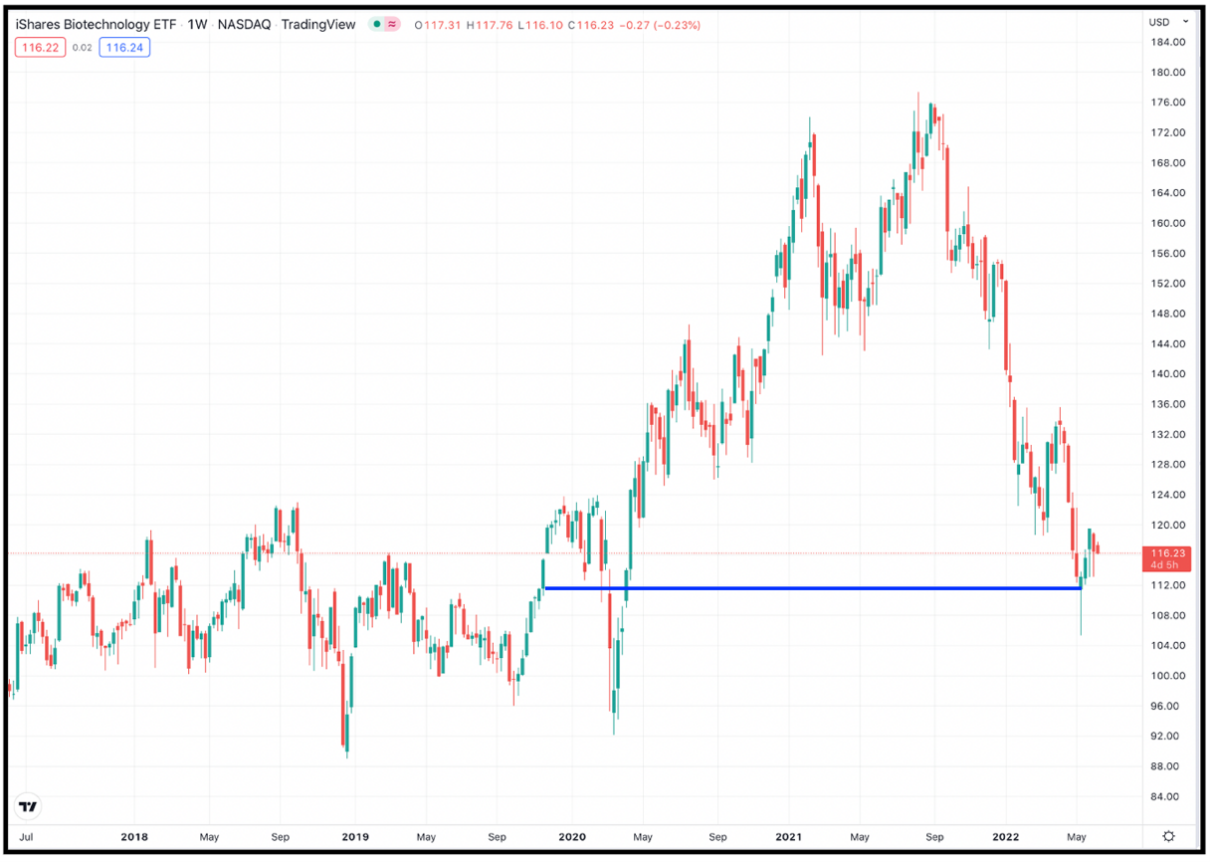 |
| By Tony Sagami |
Thank goodness my 20-month-old twin grandsons transitioned from baby formula to whole milk a couple months ago. I cannot imagine the frustration, fear and anger parents of infants must feel today.
Hopefully the knuckleheads in Washington, D.C., will quickly figure out a solution to a problem that should’ve never happened.
Unfortunately, the supply chain problems behind the baby formula shortage are not the only thing that our country may run short of.
I’m talking about antibiotics. Imagine if the supply of antibiotics to the U.S. was suddenly cut off.
Ear infections are extremely common for infants and young children. Millions of young Americans are prescribed amoxicillin — a penicillin-based antibiotic — for bacterial infections, such as ear or sinus infections.
Antibiotics, which turn life-threatening infections into minor nuisances, are considered the single biggest advance in modern medicine.
Weaponizing Medicine
As important as antibiotics are to Americans' health, it should outrage you that the last penicillin plant in the U.S. closed in 2004.
So where do we get the millions of doses of antibiotics that we use each year?
China.
China supplies 97% of all antibiotics we use, as well as 80% of the pharmaceutical ingredients needed to produce all other drugs including medicines for blood pressure, Alzheimer's, Parkinson's, epilepsy and depression.
According to the U.S. Department of Commerce, China supplies:
So, why does China have such enormous control over the market? In large part, it’s due to American business practices.
According to Healthline, it’s part of a plan that’s a “long-term approach to pricing,” said David Jacobson, MBA, JD, who teaches global business strategy at Southern Methodist University in Texas and is a visiting professor at Tsinghua University in Beijing.
Because the U.S. system is based on finding the supplier with the lowest costs, he said China uses that to its advantage.
If China shuts the door on its exports of medicines — or the ingredients to make them — the shelves of our pharmacies would be empty.
Our healthcare system would cease to function.
Not only can supplies be withheld, medicines could be made with lethal contaminants or sold without any real medicine, which would render them ineffective.
If it so chooses, China could use medicines as a trade war retaliation tool or even a weapon of war against the U.S.
What’s This Mean for Investors?
Generic drugmakers are the most vulnerable part of the medicine food chain. About 40% of generic drugs sold in the U.S. are supplied exclusively by Chinese manufacturers.
Pfizer (PFE), which bought Mylan Laboratories in 2020, and Teva Pharmaceutical Industries (TEVA) are the largest generic drugmakers in the world. Both companies would be among the first casualties of any Chinese medicine disruption.
If you own either, pay very close attention.
But which U.S. companies could potentially benefit from a medicine shortage?
America’s best defense is our dominance of the biotechnology industry. Companies like Moderna (MRNA), Amgen (AMGN) and Gilead Sciences (GILD) would unleash their armies of scientists to quickly increase the production of active pharmaceutical ingredients.
Or, instead of betting on an individual company, exchange-traded funds (ETFs) offer lower risk and increased diversity via a basket of holdings.
I recommend looking at the iShares Biotechnology ETF (IBB). With an expense ratio of 0.45%, it has a 99.93% allocation to the healthcare sector and its holdings include the above three companies and many more.
The ETF has suffered as the broader market sell-off has seen the Nasdaq shed over 23% year to date (YTD). IBB itself is down over 23% YTD.
Looking at the five-year chart, we can see that the IBB is seeking support around prices it hasn’t seen since late 2019 and early 2020 … at the start of the COVID-19 pandemic.
Investors would be wise to add it to their watch lists and keep an eye out for a bottom.
Or, if you’d like my personalized picks, click here to join my Dominators & Disruptors. At the time of writing, Members are sitting on open gains of 45.19%, 34.84% and 14.88%.
No matter what you decide, always be mindful of the impact supply chain restraints can have on your portfolio — particularly in the near future concerning potential shortages in antimicrobials and other medicines.
As always, conduct your own due diligence before entering any trade.
Best wishes,
Tony
P.S.: Most stocks are struggling and U.S. Treasurys are collapsing. The Wall Street Journal calls it “the worst bond market since 1842,” and the reason should be obvious: The Federal Reserve has been printing money with wild abandon since 2008, and now the inevitable consequence — rampant inflation — has burst onto the scene.
The unfortunate reality for investors today is that this historic bull run we’ve been on is officially out of steam. And the biggest threat could be to your wealth. With the crisis about to accelerate, Weiss Ratings founder Dr. Martin Weiss will be holding a series of three emergency briefings starting next week, exclusively for subscribers.
He will map out what’s likely to happen next, recommend seven urgent steps for portfolio protection and reveal a breakthrough strategy for profit in times of crisis. The deadline for free registration is Monday, June 13. Just click here.






